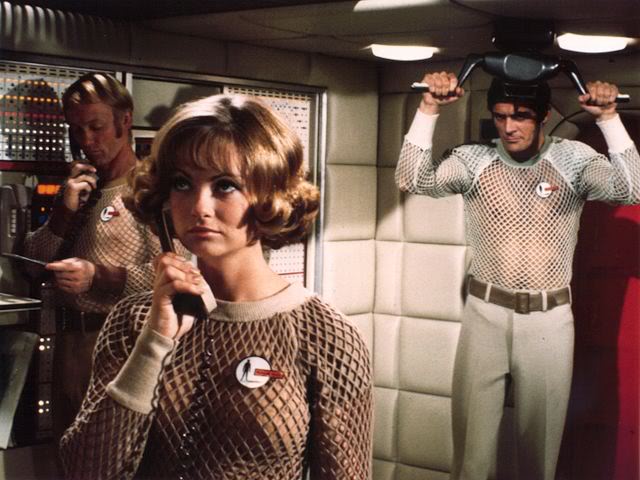Audiobooks (and the narrators who read them)
I do most of my fiction reading through my ears, having discovered years ago that I prefer hearing a story to seeing it. Some might argue that listening to an audiobook limits your experience of a novel, that the voice of the narrator imposes its own tone on the material, coming between the reader and their pristine reception of the author’s words.
But of course physical books do something similar. There’s the typeface and font employed by the book’s designer, the illustrations the publisher included, even the spellings and punctuation the author chose to use. Each of these frames how the reader experiences a book, just as the choice of a narrator does with an audiobook.
A case in point is George R.R. Martin’s A Song Of Ice and Fire series, the source material for perhaps the biggest show in TV history (or, at least, HBO’s history). I read the books before I ever watched the show, but I’m not sure I would have given them a chance if the printed versions had been my only option. For a start, they have the awful covers typical of the sword and sorcery genre, all the gothic lettering and medieval imagery that comprises the publishing industry’s shorthand for epic.
Then there are the maps, and the glossaries and the timelines, each of which tries to establish the novels’ setting as a fully realized universe, a la Tolkien’s Middle Earth (which, by the way, is not “fully realized” at all. Can anyone tell me how the elves handle garbage disposal in Rivendell, for instance?)
Finally, there are unusual spellings and unfamiliar names to remind you that this is a fantasy novel. There are a lot of knights in A Song Of Ice and Fire, but Martin chose to spell their honorific “Ser” instead of “Sir,” a decision that would have annoyed me no end had I first encountered it in print.
The audiobooks eliminate most of these concerns, at least as read by Roy Dotrice*, an English actor who brings a robust theatricality to the project. He reads “Ser Boros Blount,” for instance, as “Sir Boris Blunt,” “Ser Jaime” as “Sir Jamie,” and “Robb Stark” as “Rob Stark.” This is a good thing, because the virtue of these books is not in the pure fantasy elements but in the realistic—if often brutal—behavior of the characters.
Dotrice’s narration also salvages some examples of flabby prose, though unfortunately not all. Martin’s sex scenes are cringe-inducing, as revealing of their author’s proclivities as a Robert Crumb cartoon (there’s a lot of biting and nipple squeezing, unfortunately.) On the other hand, Dotrice makes a few missteps as well, such as giving the formidable patriarch Tywin Lannister a Churchillian drawl at odds with the ice that flows in the character’s veins. But he nails Tywin’s dwarf son Tyrion--perhaps the most compelling character in the whole series—with a Welsh accent that evokes both a Falstaffian wit and the bitter vulnerability beneath it.
Dotrice inhabits this material so completely that it was a shock to start the fourth book and find his voice replaced by that of John Lee, another reader who will be familiar to audiobook aficionados. I was a fan of Lee’s voice in the first few books of Patrick O’Brian’s Aubrey/Maturin series. But I don’t like how Lee reads the Martin stories. Dotrice sounds like someone who would have lived back in the twelfth century, expressive but rustic. Lee has a forceful, aristocratic quality to his voice that is better suited to the age of Napoleon and Nelson.
Of course, a cultural franchise as big as Games of Thrones is guaranteed to generate a lot of outraged opinions, even in the relatively obscure world of audiobook narration. While the rest of the Internet continues to argue whether Season 8 of the TV series totally screwed the pooch, on Reddit’s audiobook forums, fans are fighting over the best Song of Ice and Fire reader. Plenty of people hate Dotrice’s version, preferring something more straight-forward. They may get their wish, if Martin ever finishes the series: Dotrice died in 2017, at age 94, having completed the narration for the audiobook of A World of Ice and Fire, which, thankfully, did not require he voice a hundred different characters.
Here is a sampling of a few of the many voices Dotrice created for A Song Of Ice and Fire:
And John Lee, speaking in the tones of the Age of Sail:
* sci-fi nerds may remember Dotrice as Wesley’s over-domineering father in Angel; everyone else will remember him as Mozart’s over-domineering father in Amadeus. Almost all the fathers in A Song Of Fire and Ice are over-domineering, so he fits right in.

























